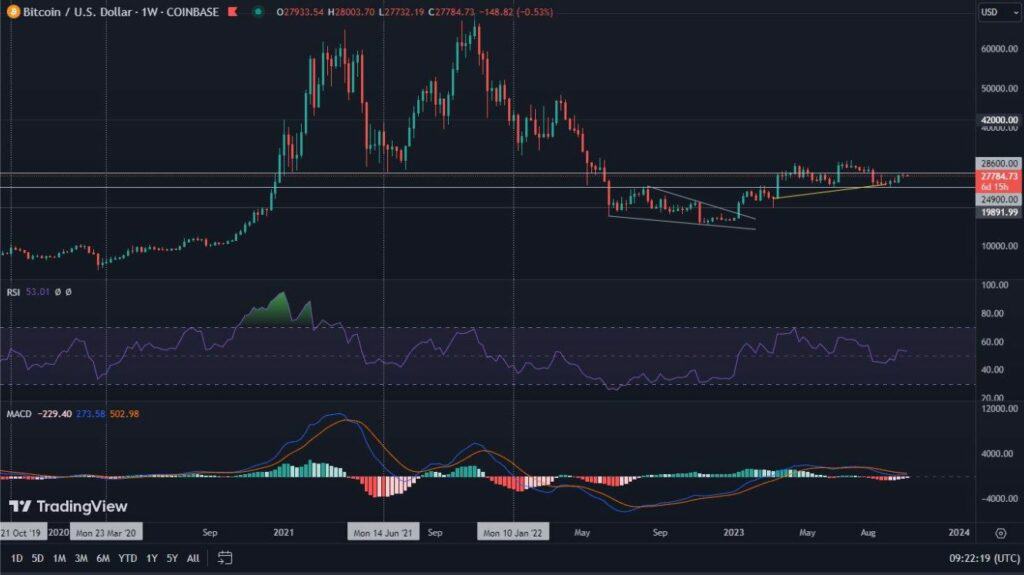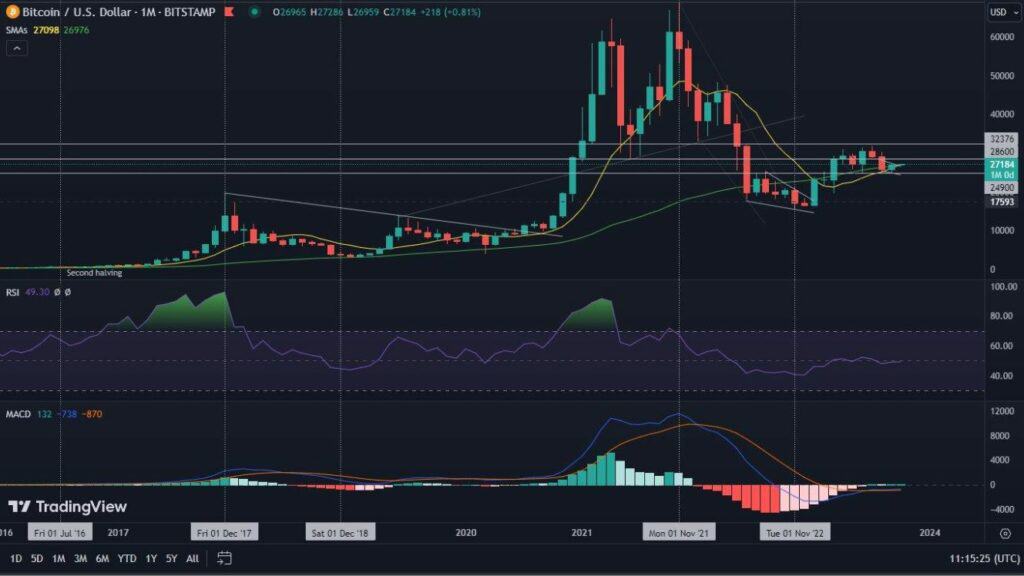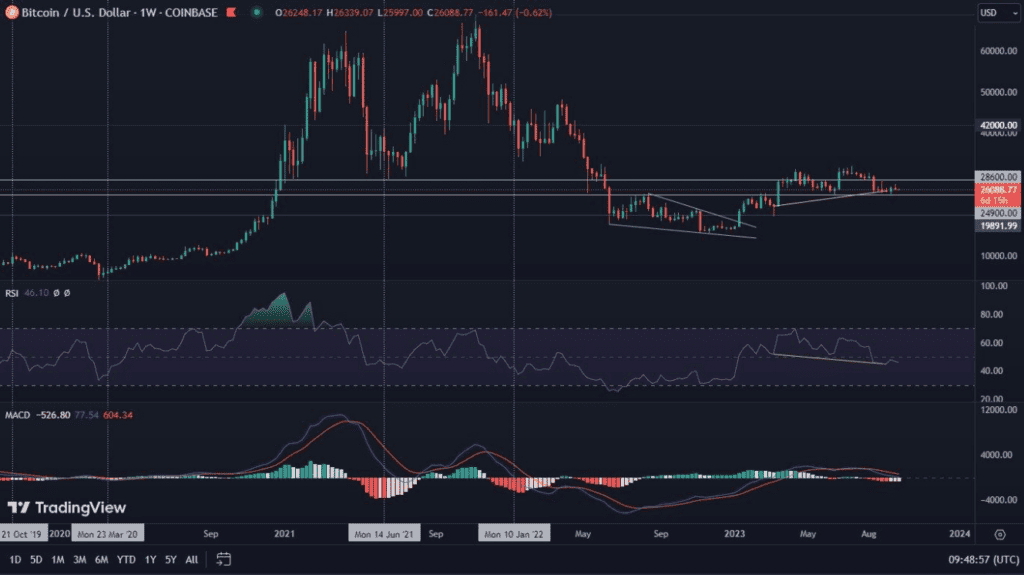Another country is implementing a crypto pilot program. Vietnam. They are looking to take a technological leap in the near future. One of their areas of interest is looking at a number of e-government opportunities that include blockchain technology, among others.
Vietnam joins the digital race
Citing Vietnamese media, we learn that Prime Minister Pham Minh Chinh has signed a decision approving the development of e-government. It encompasses a number of factors that include the analysis of artificial intelligence, augmented reality, virtual reality, big data and, interestingly, blockchain technology.
To improve cashless payments in the country, the Prime Minister has asked the State Bank of Vietnam (SBV) to look into cryptocurrencies. Unofficially, there is talk of a two-pronged study involving both currently operating tokens in the blockchain space and potential upcoming CBDCs.
Such a pilot program is expected to help the government find the positive and negative aspects of using cryptocurrencies, which are expected to translate into more complex implementation processes in the country in the future. Deputy Director of the Institute of Innovation at HCM City University of Economics Huynh Phuoc Nghia points out that high-profile currencies such as the euro, the US dollar and the yen have a significant impact on the global economy. However, this situation, he believes, is currently changing. The newly emerging financial system and technological advances are an opportunity for countries like Vietnam to make an impact on the existing system. We wrote about a similar situation in an article titled “Caribbean island of Bequia to become Bitcoin community”. The convergence of the perception of cryptocurrencies in both such small regions of the world, shows how strong are the hopes attached to blockchain technology.
The winding road of cryptocurrencies in Vietnam
The road that bitcoin and other cryptocurrencies are taking in Vietnam is similar to what we see in other Asian countries. The SBV has repeatedly stressed its position in recent years, indicating that cryptocurrencies are not legal tender in the country. It has also banned local banks and payment service providers from processing cryptocurrency-based transactions. According to the central bank, they were heavily involved in money laundering and tax avoidance practices.
Fortunately, this rhetoric is changing. Vietnam continues to follow the lead of its neighbors, such as China, Cambodia, and Thailand, which are developing CBDCs, among others. Prime Minister Pham Minh Chinh has set an ambitious goal for himself. Thanks to his actions, Vietnam can gain significantly in financial as well as technological terms.



























